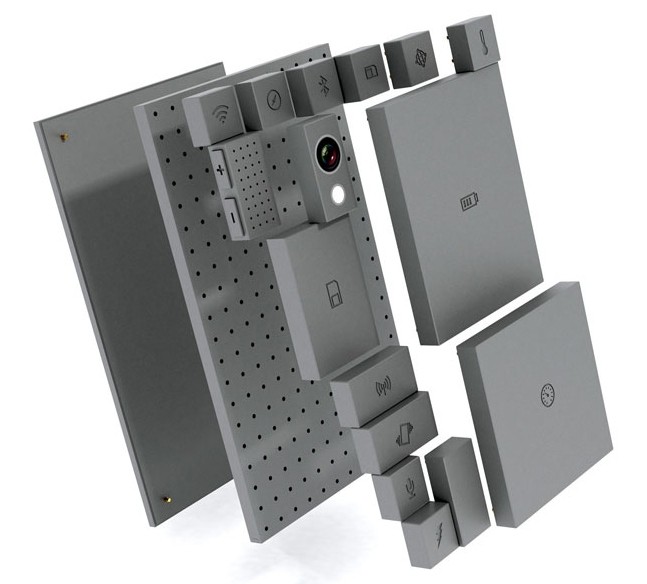Smartphones are amazing devices on so many levels but their effective lifecycle leaves much to be desired. What I mean is, they are great when first launched but after six months or a year when newer models are available, many are ready to trade up to the latest and greatest. For what, a slightly faster processor or more memory?
What about all of the other components in your dated smartphone that are still perfectly fine and current? Unfortunately you’ll be buying back most of those parts in the new phone while the outgoing handset gets traded in or perhaps even tossed in the recycling bin. But does it really have to play out like that?

Designer Dave Hakkens from the Netherlands doesn’t believe so which is why he has come up with a phone concept called Phonebloks. Described as a phone worth keeping, his device uses a series of modular components that plug into a base, or a motherboard of sorts. Every component of the phone is a block that can be added, moved or removed completely.
Don’t need Bluetooth or perhaps you store everything in the cloud? Remove the storage block and add a larger battery block instead. Love to take photos with your phone? Add a larger camera block for improved image quality. Or if you just want to keep it simple, do away with the camera, Bluetooth, etc. and opt for a larger processor and battery block.
The phone is built on an open platform but to get the project off the ground, Hakkens needs to get the right people and the right companies involved. That’s why he is using Thunderclap, a crowd-sourced platform that relies on users’ social media reach instead of donated dollars to help spread the word about a given project. If the project’s goal is reached, Thunderclap will blast out a timed message from all supports at once in an effort to create a wave of attention.
So what do you think? Would you invest in a modular phone platform that you could customize on a hardware level or is this a bit too gimmicky for you?